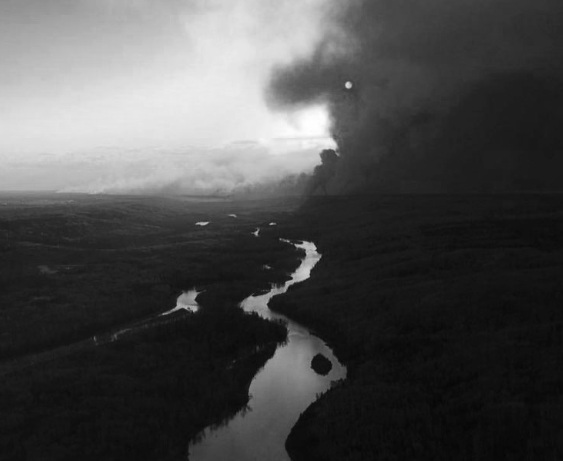WILDFIRE PROJECTS
PAST PROJECTS
MAXIMIZING HYDROSOCIAL RESILIENCE IN THE FACE OF FIRE
Wildfire’s biggest impacts are arguably to water supplies, which means If the U.S. wildfire management paradigm is to successfully shift toward adapting to wildfire (rather than simply combatting wildfire), it will be imperative to ensure that drinking water systems can withstand more frequent burns. A key component of adaptation efforts by water utilities appears to be the development of collaborative watershed governance groups that knit together jurisdictionally and socially fragmented stakeholders at the scale of the watershed with the goal of bolstering wildfire resilience. Here, we we examine this trend, how it varies with scale and time, and its effects on both social and hydrologic dynamics in watersheds.
Collaborators: CSM student research assistants
LEARNING FROM, AND ADAPTING TO, catastrophic wildfires
When covering disasters, the press tends to focus on the drama of the here-and-now and fails to investigate the underlying systemic policy problems that exacerbate hazards and vulnerabilities. And yet, when we looked closely at local media discourse about the record-breaking 2012 wildfire season in Colorado, we found a "signal" of transformative learning and adaptation amidst the noise of status quo wildfire framings. It appeared on the anniversaries of catastrophic wildfires, and suggests that these timeframes are especially important for community efforts to draw lessons from past disasters.
Collaborators: E. Kobele, D. Crow, L. Lawhon, J. Berggren, J. Huda
MITIGATING WILDFIRE RISK ON PRIVATE LANDS
Due to rapid development in the wildland-urban interface (WUI), the risk to lives and property from wildfires is increasing on private lands in the American West. Wildfire risk mitigation activities on these lands presents a big collective action problem, the internal dynamics of which are poorly understood. A close examination of two catastrophic wildfires in Colorado revealed the importance of a particular agent of change: highly motivated community members that push for, and coordinate, risk mitigation activities, which we cal the “citizen entrepreneur.” Here we explore the role these citizen entrepreneurs are playing in wildfire outreach.
Collaborators: E. Kobele, D. Crow, L. Lawhon, R. Schild, K. Clifford


